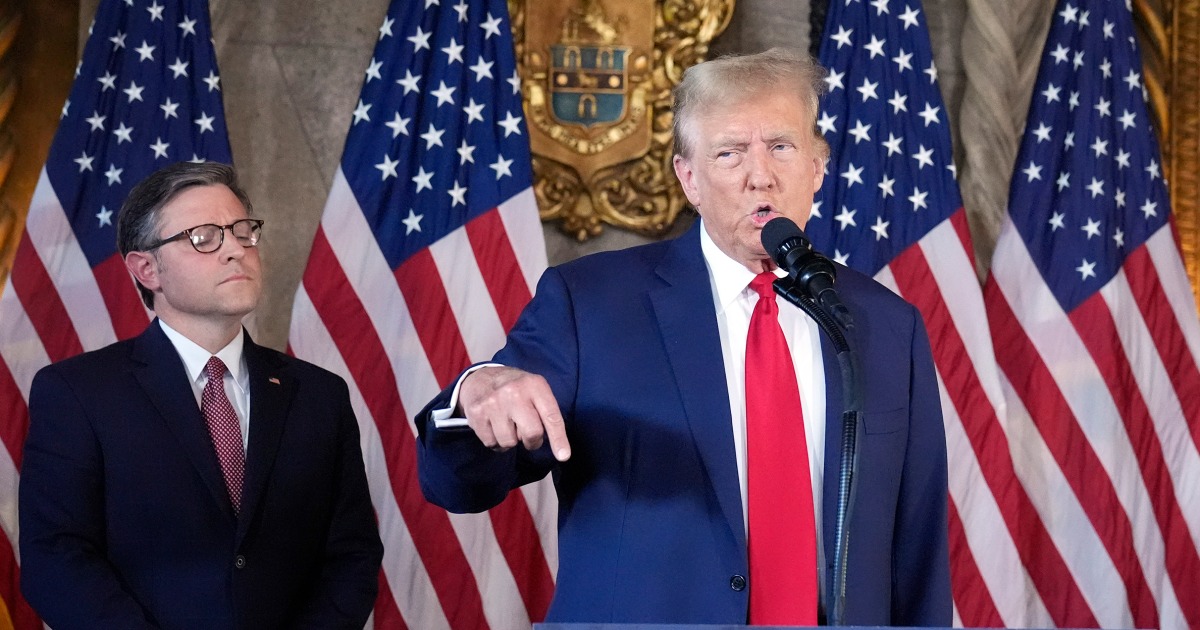United Kingdom and Gibraltar European Union membership referendum
all articles
Until late in the night, the British MPs are expected to debate and bicker again this Monday. Then for now is over. The government ordered Parliament to wait until October 14 for the expected compulsory break - the longest in the recent history of the United Kingdom.
So far, it has been open when exactly this week the session will be stopped. Prime Minister Boris Johnson is now focusing on the quick fix. However, one thing is clear: new elections before the Brexit appointment on 31 October are almost impossible.
Although the government wants to try it again this evening - and after a first stumble last Thursday again to submit a request for new elections in the lower house to vote. But the matter seems hopeless. The opposition has already agreed not to join the maneuver.
REUTERS
Johnson in the House of Commons: complicated power relations
Through the compulsory break, Johnson blocked all other options to push parliamentary elections in time - for example, by a misappropriated vote of no confidence against their own government.
The prime minister had recently pushed so vehemently for new elections. These were regarded as Johnson's chance to rearrange the complicated power relations in the lower house - and to pull through Brexit with a comfortable majority, if necessary even without a deal. It is the central promise to his followers.
New elections would have allowed Johnson, in the case of a clear victory, above all, to abolish the anti-no-deal law, which would allow his opponents to avoid unregulated Brexit.
Is the prime minister bucking now? Or is the hard Brexit still not off the table? The most important questions and answers.
Why is Johnson limiting himself?
That remains speculation for the time being. But it is clear that the possible alternative routes to new elections would have meant great risks for Johnson. For example, in the case of a vote of no confidence, within 14 days a new government could emerge from the existing parliament. So Johnson should have expected the opposition to take over power with pro-European Tory rebels, in some cases even under the leadership of Labor leader Jeremy Corbyn.
Another variant, the amendment of that law, which regulates the proclamation of new elections in principle, would probably also be problematic for Johnson. The opposition would probably have taken the opportunity to postpone, for example, the election date by amendment.
So it's quite possible that Johnson will renounce quick new elections - and instead block his opponents in Parliament as soon as possible all other initiatives. Especially as according to a media report in Downing Street new polls are supposed to have - with the result that in a re-vote Johnson's Tories could do even worse than 2017 under Theresa May.
Can Johnson still enforce a tough Brexit?
One thing Johnson has repeatedly made clear: There will be no Brexit delay with him. His spokesman said on Monday: "The Prime Minister will not apply for an extension." Only: Johnson would not have to break the newly passed law for this?
Recently, there was growing evidence that Downing Street is at least considering legal tricks to sabotage the new regime. Brexit Minister Dominic Raab announced that they would try to reach their limits, which is what the current law actually requires.
The British "Telegraph" now reports on corresponding mind games in the government. According to this, a letter was considered that the government could hand over with a forced postponement request in Brussels. In it, London would declare that they did not want any delay. The EU simply has to reject the request for this logic. Alternatively, the government could persuade one of the swaying EU countries to veto its request to extend the Brexit deadline.
Then there would be the greatest possible escalation: Johnson could simply ignore the law of his opponents - and wait and see what his adversaries do. Also, a resignation of the Prime Minister is currently being discussed. The idea: Johnson gives up for the time being before the Brexit appointment - Labor leader Corbyn would then have to answer for the unpopular Brexit postponement. In later elections, the Tories could attack Corbyn accordingly hard.
What options does the opposition have?
If Johnson bypassed an existing law, litigation would be almost certain. Lord Sumption, once a judge on the Supreme Court of the United Kingdom, said the government disobeyed the law if it would attach a letter of formal notice to the postponement petition, leading it to absurdity. Similar comments were made by other lawyers. In turn, if Johnson simply ignored the law completely, some see it in the UK, threatened him in the extreme case, even the prison.
On Monday morning, representatives of the opposition parties met again to set the course in the fight against Johnson. According to Liz Saville Roberts, head of the House of Welsh party Plaid Cymru, this option should also remain on the table: an impeachment case against Johnson.





/cloudfront-eu-central-1.images.arcpublishing.com/prisa/K3QCWCHZS3EFRAZAEGFWH3GLIY.jpg)







